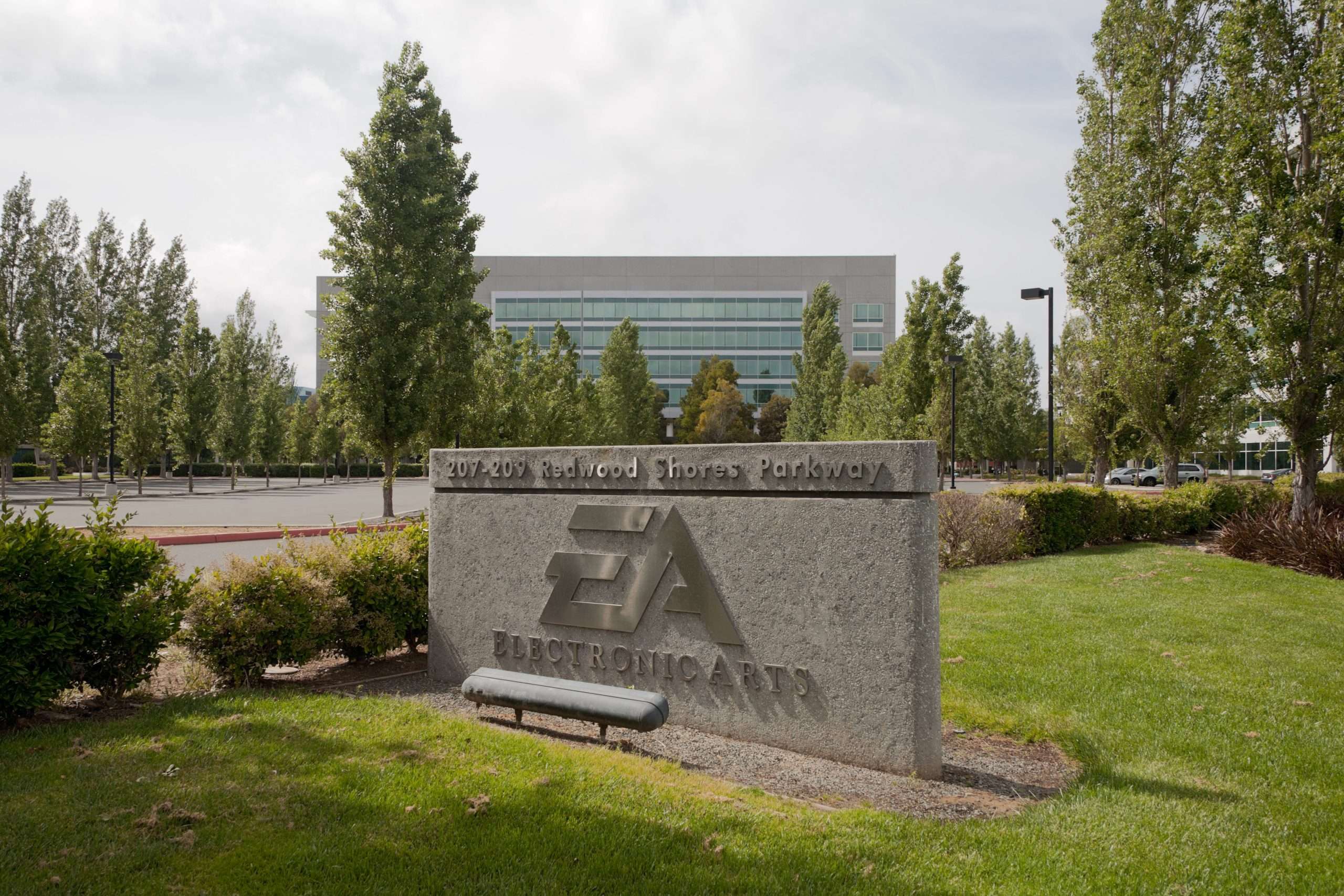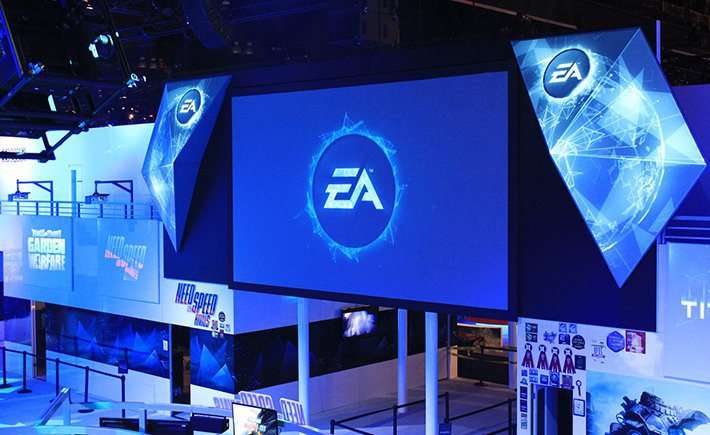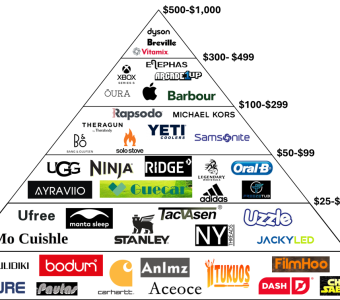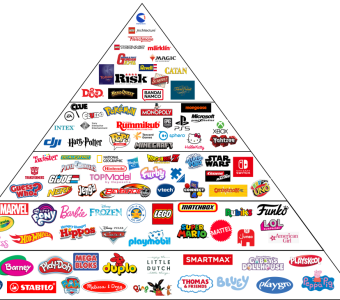Electronic Arts (EA) was born in 1982, a time when the world was still using landlines and playing games on computers with less processing power than a calculator. But EA persevered and started making games for those ancient devices, paving the way for the digital world we know today.

Fast forward to the 1990s, and EA had exploded in popularity like a game of “Bomberman.” They started releasing sports games for kids that made you feel like you were actually on the field, with sweat dripping down your face and a beer in your hand… They also dabbled in other genres like RPGs, shooters, and simulators, but sports games were their bread and butter.
However, EA faced some tough times in the early 2000s. They were accused of releasing unfinished games, being money-hungry, and treating their employees poorly. It was like they were the bad guy in their own game, and gamers weren’t happy.
So, EA decided to turn things around and focus on customer satisfaction. They started releasing games that were actually finished (novel concept, I know) and listened to feedback from their fans. They also branched out into mobile gaming, which was a huge success. Suddenly, you could play EA games on your phone while pretending to work, and no one was the wiser.
Today EA is one of the largest and most successful video game publishers in the world, with a market share that is consistently among the top in the industry. Famous titles include: FIFA series, Madden NFL series, Battlefield series, The Sims series, Apex Legends, Need for Speed series, Mass Effect series, Dragon Age series, Plants vs. Zombies series, Star Wars Jedi: Fallen Order, Titanfall series, Anthem, Burnout Paradise, Dead Space series, Mirror’s Edge series, Command & Conquer series, Skate series, Crysis series, SimCity series, and Medal of Honor series. According to market research firm Newzoo, EA was the fifth-largest video game company by revenue in 2020, generating over $5 billion in revenue that year.

EA had also faced challenges more recently related to changes in the gaming industry, catering for mobile games but nothing much for them to worry about as EA was able to leverage their franchises such as Plants vs. Zombies. Overall, EA’s success and market share are a testament to their ability to create games that resonate with a wide audience and their willingness to adapt and evolve in response to changes in the gaming industry.
So, if you love EA, keep on gaming! And remember, the fun really is- ‘in the game’.
Register now to join the conversation, access exclusive content and be a part of our exclusive brand communities.













